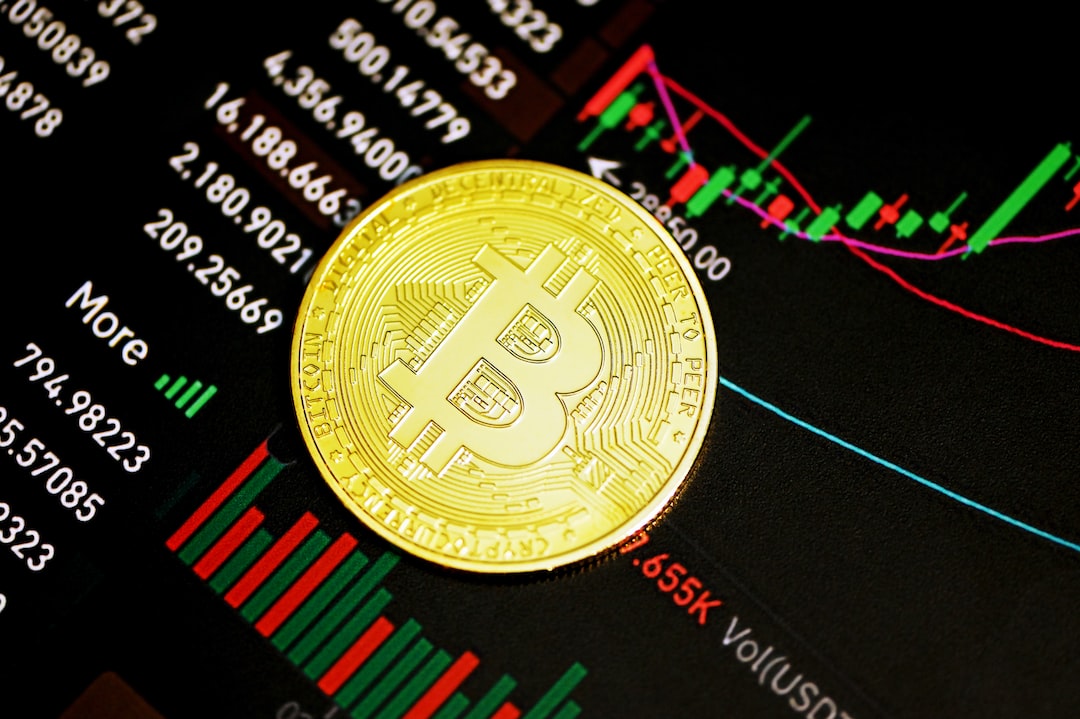Max Keiser’s Concerns About Bitcoin Spot ETFs
You might be surprised to learn that prominent Bitcoin advocate and financial analyst Max Keiser is raising significant concerns about the upcoming Bitcoin spot Exchange-Traded Funds (ETFs). This comes amidst heightened anticipation for these ETFs which are expected to bring a new level of mainstream adoption to Bitcoin. According to Keiser, these financial instruments might not be what they appear to be at first glance.
SEC Approval & Keiser’s Insights
The United States Securities and Exchange Commission (SEC) is set to approve Bitcoin spot ETFs possibly as early as January. However, Keiser’s insights suggest a different narrative.
Keiser’s Warning
Keiser, leveraging his extensive experience in the finance sector, warns that integrating Bitcoin into ETFs might not be entirely beneficial for the cryptocurrency industry. His concerns stem from observing what he describes as “unprecedented coordination” among financial institutions, regulators, and politicians in the rollout of these Bitcoin spot ETFs.
Keiser’s Alarming Perspective
Keiser’s central argument is that these ETFs are set up for “cash-in, cash-out” transactions, meaning that investors will be exposed to Bitcoin’s price movements without holding any Bitcoin. This approach could potentially create a “fiat money version of Bitcoin,” detaching the value of the ETFs from the real-world utility and principles of Bitcoin itself.
Washington Might Restrict or Ban Bitcoin Self-Custody
Additionally, there are rumors, as Keiser points out, that Washington might be looking to restrict or ban Bitcoin self-custody alongside the approval of these ETFs. This potential move could significantly impact one of Bitcoin’s fundamental values – the ability of individuals to hold and control their assets without the need for an intermediary.
El Salvador: A Bitcoin Haven
In response to these developments, Keiser advises a radical approach: relocating to El Salvador, which has embraced Bitcoin as legal tender. His suggestion underlines the contrast between El Salvador’s open embrace of Bitcoin and what he perceives as the manipulative tactics of Wall Street and Washington.
Significant Financial Move towards El Salvador
He also highlights a significant financial move towards El Salvador, with 153 wealthy individuals applying for citizenship, each committing to a $1 million Bitcoin or USDT donation. This influx of capital, totaling $153 million, could bolster El Salvador’s position as a global cryptocurrency hub.
US Government Forfeiture and Priced Appreciation
Adding to the intrigue, Gabor Gurbacs, an advisor at Tether & VanEck, notes the U.S. government’s recent forfeiture of 69,370 Bitcoins from the Silk Road case. Keiser speculates that these confiscated Bitcoins might be used as collateral for the new ETFs, which would benefit the government and proxies through the price appreciation of the actual Bitcoins. At the same time, investors pour billions into the so-called ‘fake’ Bitcoin ETFs.
Hot Take: The Future of Bitcoin Spot ETFs
Max Keiser’s insights might make you think twice about investing in Bitcoin spot ETFs. The potential risks of introducing fake Bitcoin ETFs could impact your investment and the potential ban on Bitcoin self-custody might make you rethink the merits of these ETFs. On the other hand, the contrasting embrace of Bitcoin by El Salvador and the significant financial move towards the country by wealthy individuals might signal the future of cryptocurrencies. It’s important to carefully consider your investment options as the landscape continues to evolve.





 By
By
 By
By

 By
By
